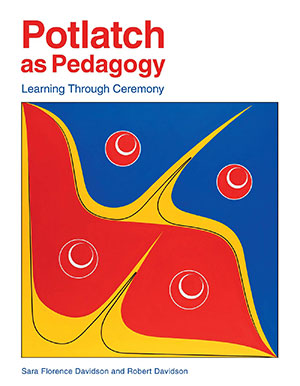Fall 2021
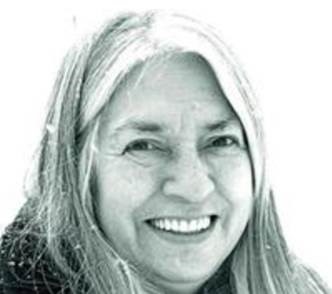
Remembering Lee Maracle: revolutionary author, poet, mentor and activist
(1950-2021)
KPU was honoured to welcome Lee Maracle as a new faculty member teaching in Indigenous Studies. Lee is the author of many award winning and critically acclaimed literary works and has published in some of the most prestigious anthologies and scholarly journals worldwide. Her works include: the novels, Ravensong, Bobbi Lee, Sundogs, short story collection, Sojourner’s Truth, poetry collection, Bentbox, and non-fiction work I Am Woman. A recipient of the Queen’s Diamond Jubilee medal and the Order of Canada, Maracle has served as Distinguished Visiting Scholar at four universities. She holds three teaching awards and seven writing awards, including the Premier’s award for Excellence in the arts.
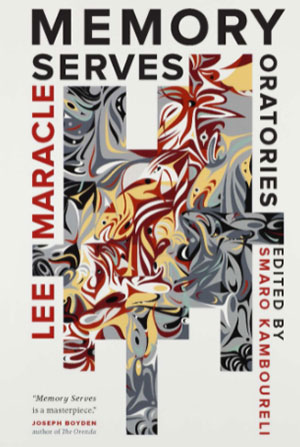 Memory Serves gathers together the oratories award-winning author Lee Maracle has delivered and performed over a twenty-year period. Revised for publication, the lectures hold the features and style of oratory intrinsic to the Salish people in general and the in Stó:lō particular. From her Coast Salish perspective and with great eloquence, Maracle shares her knowledge of Stó:lō history, memory, philosophy, law, spirituality, feminism and the colonial condition of her people.
Memory Serves gathers together the oratories award-winning author Lee Maracle has delivered and performed over a twenty-year period. Revised for publication, the lectures hold the features and style of oratory intrinsic to the Salish people in general and the in Stó:lō particular. From her Coast Salish perspective and with great eloquence, Maracle shares her knowledge of Stó:lō history, memory, philosophy, law, spirituality, feminism and the colonial condition of her people.
Powerful and inspiring, Memory Serves offers Canadians, in Maracle’s own words, “another way to be, to think, to know,” a way that holds the promise of a “journey toward a common consciousness.”
Open to all KPU students, faculty and staff
Free e-book through the Library for KPU Employees and Students as well as a guided dialogue at the end. For more details email IndigenousServices@kpu.ca. Space is limited!
χʷəχʷéy̓əm (storytelling in hən̓q̓əmin̓əm̓ dialect)
e-wicihtayahk nitacimowinana (sharing our stories in Cree)
An initiative of Indigenous Services for Students in collaboration with KPU Library.
Past Books
Spring 2021
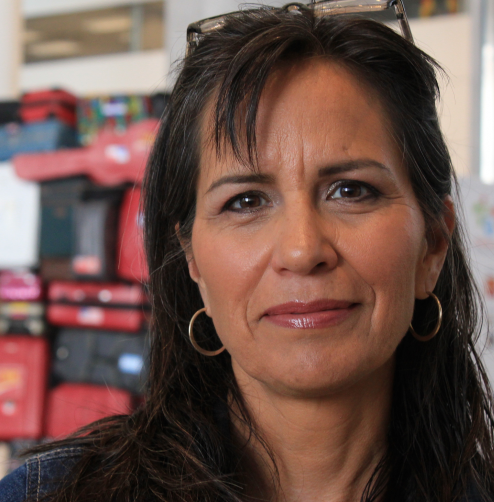
Meet the Author,
Dr. Kim Anderson
Wednesday, February 24 - 3:00 PM
Dr. Kim Anderson, an Indigenous (Métis) scholar, is an Associate Professor in the Department of Family Relations & Applied Nutrition at the University of Guelph and a Canada Research Chair in Indigenous Relationships.
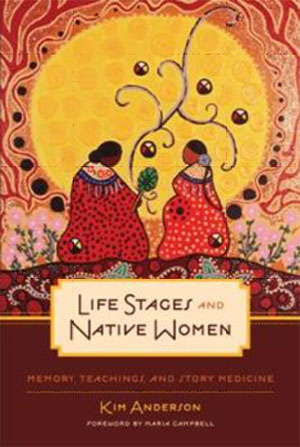
The process of “digging up medicines” - of rediscovering the stories of the past - serves as a powerful healing force in the decolonization and recovery of Aboriginal communities. Foreward by Maria Campbell, distinguished Métis author, playwright, filmmaker and Elder.
Fall 2020
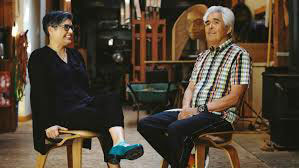
Meet the Author,
Sara Davidson
